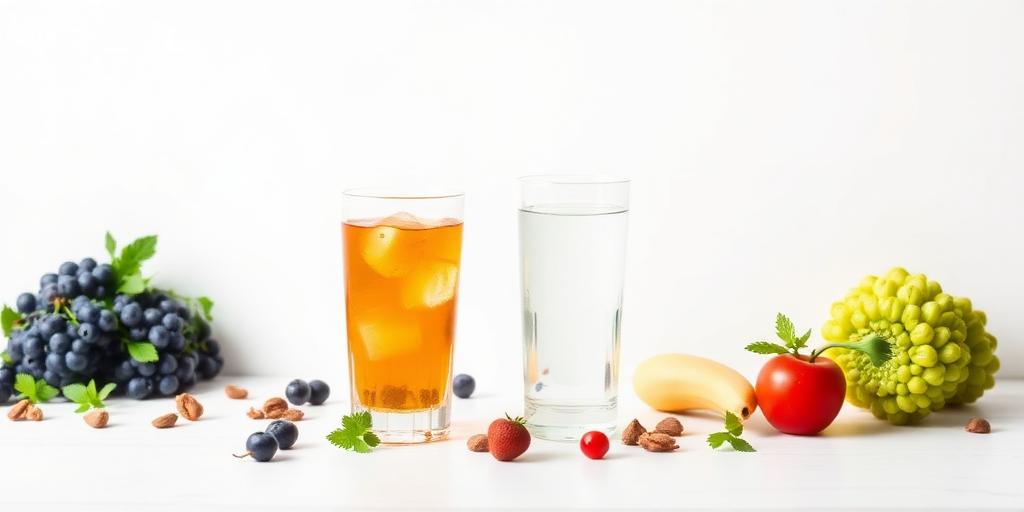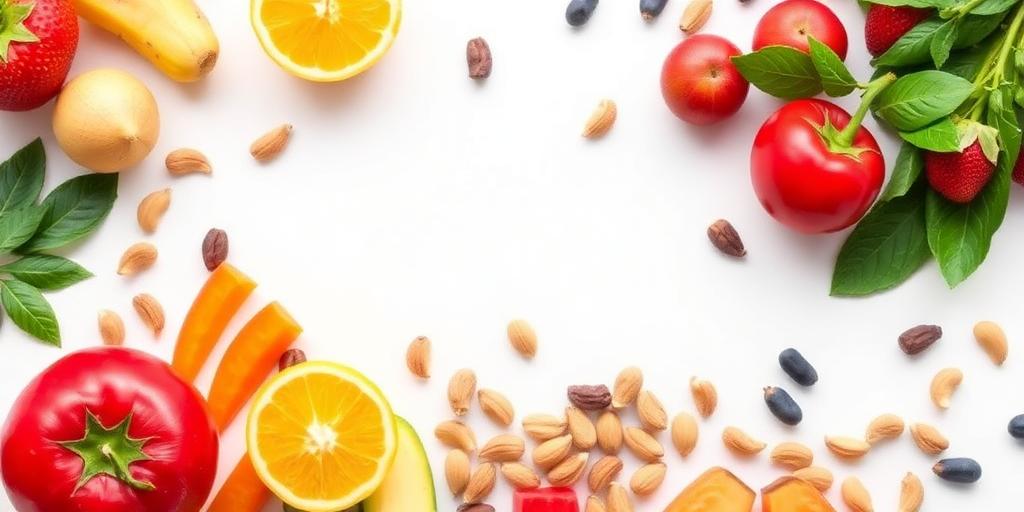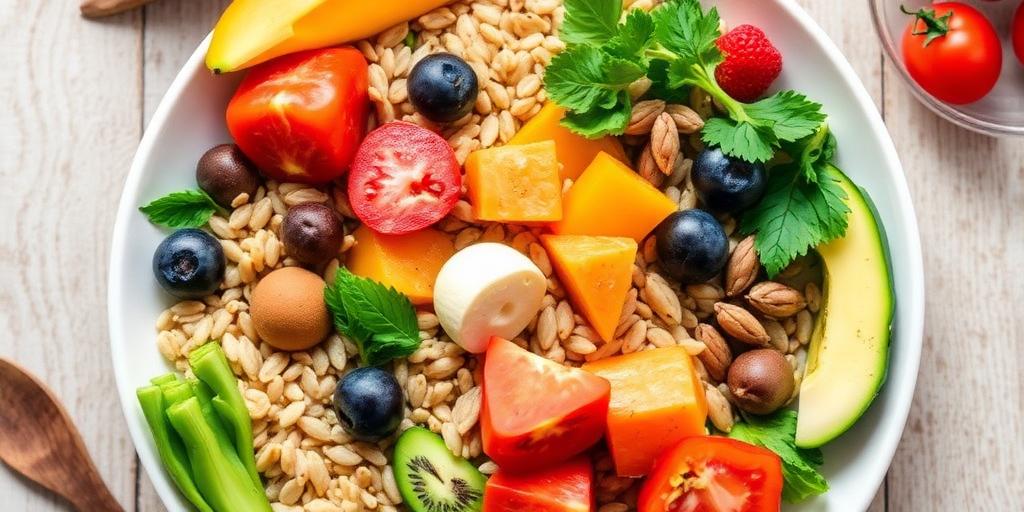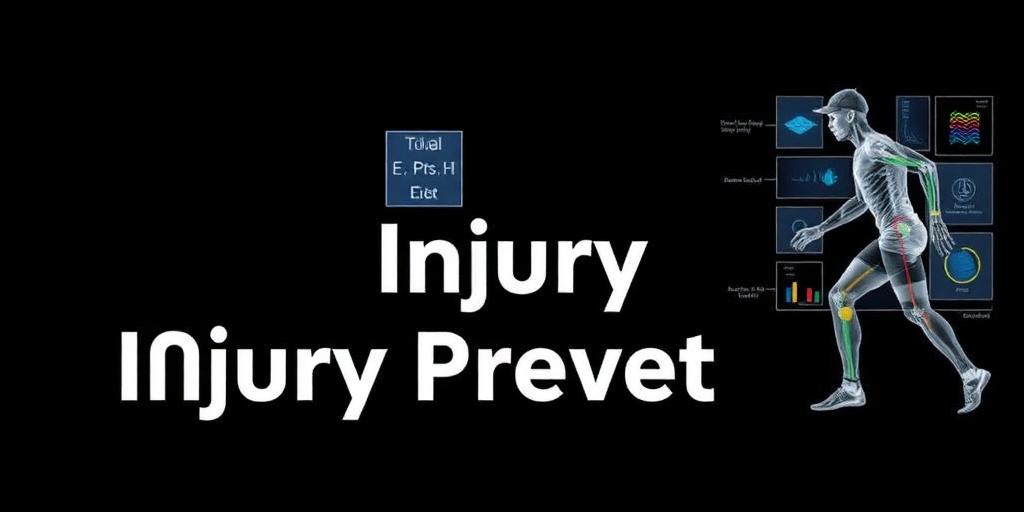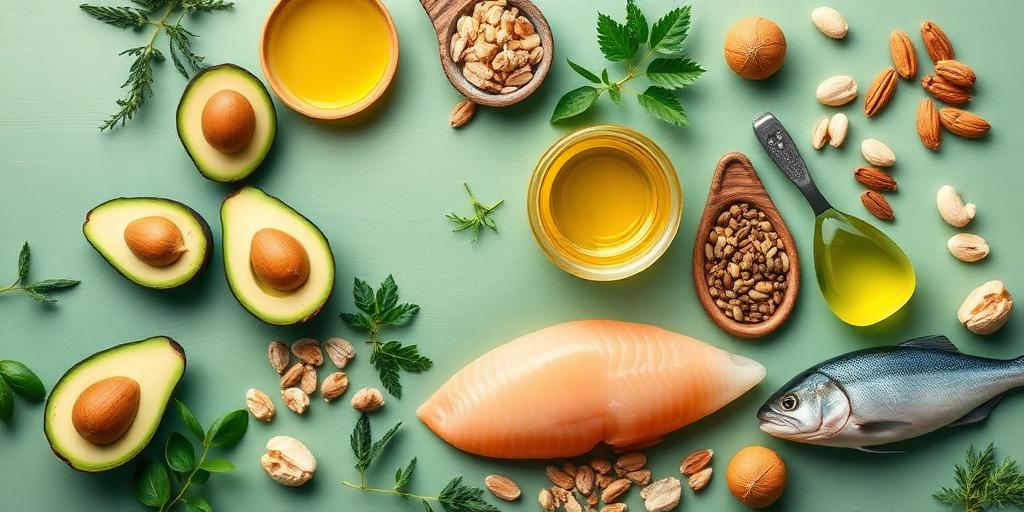Understanding Sugar: Hidden Sources and Healthy Alternatives
Sugar is a ubiquitous part of the modern diet. While it provides quick energy, excessive consumption is linked to various health problems. This article aims to illuminate the hidden sources of sugar in our food and explore healthier alternatives for a balanced lifestyle.
The Many Faces of Sugar: Decoding Food Labels
Sugar isn't always listed as 'sugar' on food labels. Manufacturers use a variety of names to disguise its presence. Common aliases include:
- High-Fructose Corn Syrup: A prevalent sweetener in processed foods and beverages.
- Sucrose: Table sugar, found in many desserts and sweetened drinks.
- Glucose: A simple sugar naturally found in fruits and honey.
- Fructose: Another simple sugar, also found in fruits and honey.
- Maltose: Derived from grains.
- Dextrose: A form of glucose.
- Agave Nectar: Often marketed as a healthy alternative, but still high in fructose.
- Molasses: A byproduct of sugar refining.
- Honey: A natural sweetener, but should still be consumed in moderation.
Being aware of these different names is the first step in identifying hidden sugars in your diet. Always check the ingredient list and nutrition facts panel.
Hidden Sources of Sugar: Where is it Lurking?
Sugar is not just found in obvious sweets like candy and soda. It's often added to foods you wouldn't suspect. Here are some common hidden sources:
- Sauces and Dressings: Ketchup, BBQ sauce, salad dressings, and marinades often contain significant amounts of added sugar.
- Breakfast Cereals: Many cereals, even those marketed as healthy, are loaded with sugar.
- Yogurt: Flavored yogurts are notorious for their high sugar content. Opt for plain yogurt and add your own fruit.
- Bread: Some breads, especially white bread, contain added sugar.
- Canned Goods: Canned fruits and vegetables may be packed in sugary syrups.
- Processed Snacks: Granola bars, protein bars, and crackers can be surprisingly high in sugar.
- Drinks: Fruit juices, smoothies, and sweetened teas are often packed with sugar.
Healthier Alternatives to Refined Sugar
If you're looking to reduce your sugar intake, there are several healthier alternatives to consider:
- Stevia: A natural sweetener derived from the stevia plant. It has zero calories and doesn't raise blood sugar levels.
- Erythritol: A sugar alcohol that occurs naturally in some fruits. It has very few calories and a minimal impact on blood sugar.
- Monk Fruit: Another natural sweetener with zero calories and no impact on blood sugar.
- Dates: A natural source of sweetness and fiber. Can be used in baking or as a sweetener in smoothies.
- Small Amounts of Honey or Maple Syrup: These natural sweeteners contain antioxidants and minerals, but should still be used sparingly.
- Unsweetened Applesauce: Can be used as a replacement for sugar in some baking recipes.
Tips for Reducing Sugar Intake
- Read Labels Carefully: Pay attention to the ingredient list and nutrition facts panel.
- Cook at Home: This gives you control over the ingredients in your food.
- Choose Whole, Unprocessed Foods: Fruits, vegetables, and whole grains are naturally low in sugar.
- Sweeten Foods Yourself: Use natural sweeteners like stevia, erythritol, or small amounts of honey.
- Be Mindful of Portion Sizes: Even healthy sweeteners should be used in moderation.
- Drink Water: Avoid sugary drinks and opt for water, unsweetened tea, or sparkling water.
Conclusion
Understanding the hidden sources of sugar and incorporating healthier alternatives into your diet can significantly improve your overall health. By being mindful of your sugar intake and making informed choices, you can enjoy a balanced and nutritious lifestyle.


